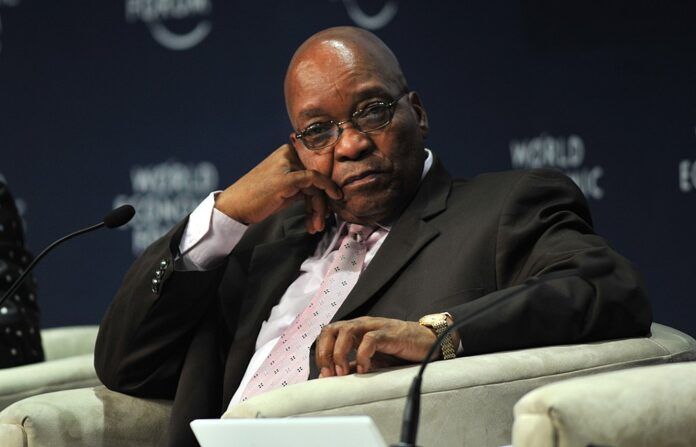The party contests IEC’s decision to exclude former President Zuma from Parliamentary candidacy
The MK party has initiated a legal battle against the Electoral Commission of South Africa (IEC) following the commission’s decision to remove former President Jacob Zuma from its Parliamentary list. This move comes amid the party’s assertion that Zuma, a pivotal figure within the organization, retains the right to stand as a candidate in the forthcoming elections, despite his prior conviction and imprisonment.
In the court documents submitted, the MK party articulated its standpoint that the IEC overstepped its boundaries by disqualifying Zuma from the election race. The party maintains that the commission lacks the authority to dictate who should be eligible for Parliamentary candidacy, arguing this power lies solely within the jurisdiction of the national assembly itself.
This legal contention hinges on the interpretation of section 47 of the South African Constitution, which the MK party believes does not grant the IEC the prerogative to enforce candidacy regulations. The Electoral Court is expected to deliver a ruling on this matter by next week, a decision eagerly anticipated by both the MK party and its supporters.
IEC Chairperson Mosotho Moepya previously outlined the legal framework that disqualifies individuals convicted of an offence and sentenced to more than 12 months in prison without the option of a fine from running for electoral office. This statute has placed Zuma’s candidacy in jeopardy, given his 2021 sentencing to 15 months in prison for contempt of court, from which he was released on medical parole after serving a portion of his sentence.
The MK party’s challenge is not just about Zuma’s eligibility but also signifies a broader dispute over the IEC’s mandate and the criteria for Parliamentary candidates. This legal battle coincides with another case involving the MK party and the African National Congress (ANC) over the trademark issue, further complicating the political landscape as the elections approach.
The IEC has encouraged those dissatisfied with its decisions to pursue appeals through the Electoral Court, ensuring that the upcoming elections are conducted within the framework of the law and democratic principles
